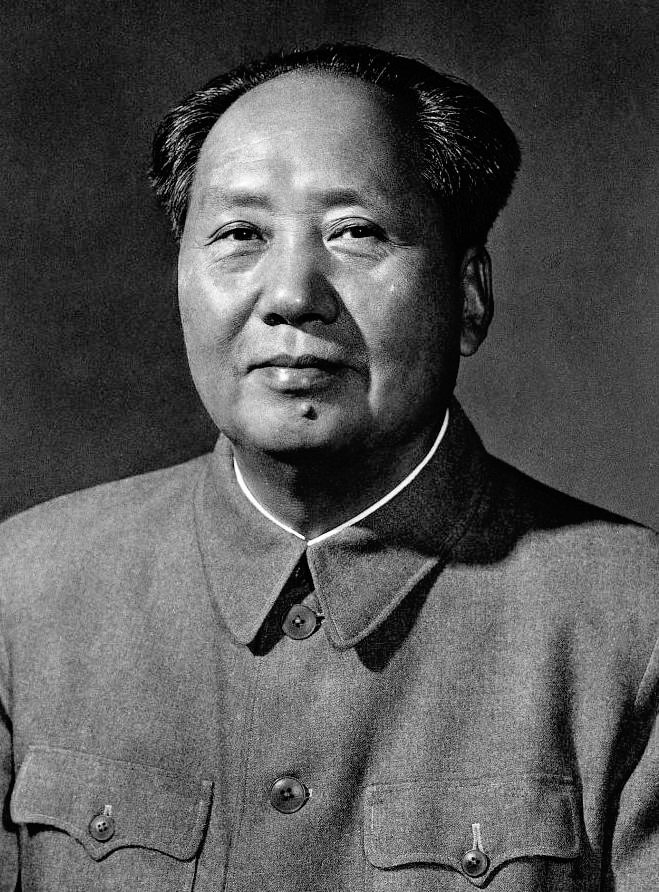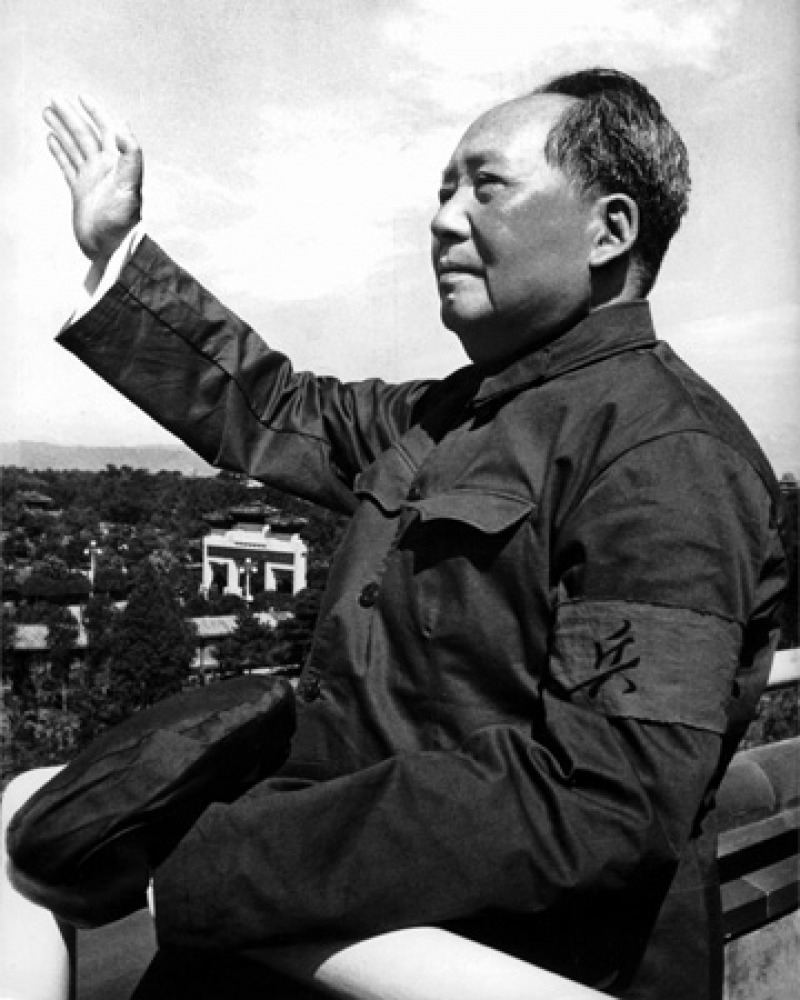Mao Zedong
A victorious guerilla fighter against the Japanese invaders and the corrupt Kuomintang regime of Generalissimo Chiang Kai-shek, Mao Tse-Tung was the communist leader of China.
He had defeated them all by 1949 when the People's Republic of China was established. As time went on, things got worse. Millions of "rich" peasants, intellectuals, and "saboteurs" were murdered during the purges of the early 1950s. The "Great Leap Forward" (1958–1962), one of the craziest social engineering attempts ever, followed. By establishing communes, this movement sought to transform the nation's agricultural economy into a communist society. Increased efforts were mandated by Mao to boost grain yields and bring industry to the rural.
Communal kitchens were added, and private plots were eliminated. It was a catastrophe. Production collapsed, causing the "Great Chinese Famine" that claimed up to 45 million lives. A few years later, in 1966, the dictator, having had enough, started the "Great Proletarian Cultural Revolution." Millions of individuals were persecuted and subjected to torture, forced labor, arbitrary detention, and execution. His cruelty proves that he is one of the most brutal dictators in modern history.
When Mao passed away in 1976, China had lost almost 55 million people, and its per capita GDP was lower than that of the Congo. Mao didn't seem to care.
Born: December 26, 1893
Died: September 9, 1976
Country: China











